The renewable energy hub project by Innovating Energy is possible due to grant assistance under…
A jump too far into renewable energy?
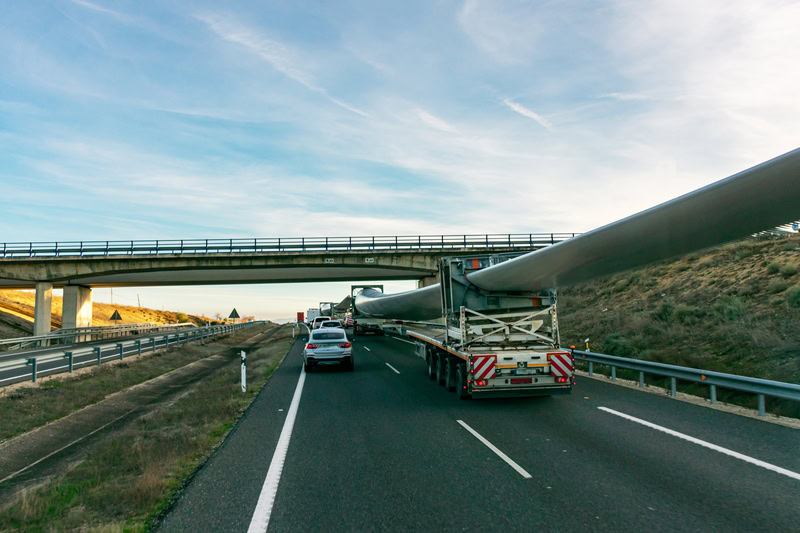
The state�s peak agricultural body says the NSW Government will need to work hard to undo short-sighted renewable energy planning that puts farming families at risk.
Reg Kidd, chair of the NSW Farmers Energy Transition Working Group, said the cost of securing the state�s electricity supply was being borne by farming families.
�There has been an abject failure to properly plan for a transition away from coal-fired electricity, and the pressure is now on the new state government to make things right,� Mr Kidd said.
�We�re now racing to build forests of turbines and solar paddocks to keep the lights on, and the resultant regional uproar comes from the failure to understand the issues and plan to avoid them, not just dealing with them when they occur.
Transport of renewable energy infrastructure is also emerging as an issue for regional councils, along side the reality of thousands of kilometres of overhead transmission lines traversing farms.
The Daily Telegraph reported this week that �massive upgrades to regional roads were urgent� to handle the transport of huge wind turbine blades to Renewable Energy Zones (REZs) in NSW. The blades are up to 90 metres long and 7m in diameter and will need to be transported from the Newcastle Port.

Mr Kidd said there had been a lack meaningful engagement with the people who would be most impacted by these projects.
�The government faces a challenge in moving transmission from existing locations to new sources of power located predominantly in farming regions.�
�To date we�ve seen a trashing of rural amenity across the state on a scale never seen or anticipated, and simply not communicated to the people who live there.�
�If EnergyCo and other parties had simply come to people in the first place and said, �this is what we want to do, how can we do it?� we�d have saved a lot of hassle.
�At the end of the day you need the right thing in the right place, but it has to be done in the right way or it will never work,�
NSW Farmers Energy Transition Working Group chair Reg Kidd
�EnergyCo are tasked with meaningful engagement with communities, but the rising groundswell of opposition to transmission lines and the cumulative impact in some areas of renewable energy generation is a demonstration this is not working,� he said.
�While it may be convenient to say this needs to get done with haste, in regional NSW the cheap and reliable power for urban areas is coming at a real cost. Communities see a lack of planning, threats � not benefits � to rural jobs, road chaos, shortages of accommodation and a legacy of iron and wires across pristine landscapes.�
Federal review of renewable energy planning
National Farmers Federation Vice President David Jochinke said farmers were sick of energy companies seeing productive farmland as a blank canvas for their projects.
�The transition to renewable energy means thousands of kilometres of new transmission lines on farmland yet farmers are often left in the dark about these projects,� he said.
�Farmers feel powerless when energy companies announce their plans with little to no consultation. Our sector wants to work with energy companies to ensure the best possible outcome.�
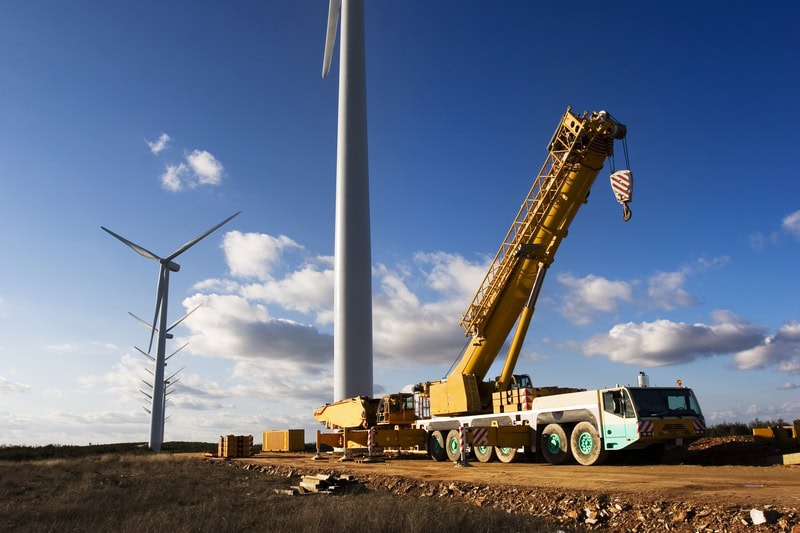
The NFF last week welcomed a Federal Government review into community engagement practices for renewable energy infrastructure as a step in the right direction.
The review aims to improve planning and community engagement when new transmission lines and renewable energy zones are proposed.
�Farmers recognise the benefits of bringing new renewables into the grid as they too bear the weight of rising energy prices,� Mr Jochinke said.
�They�re also an important tool as we move to cleaner, greener energy to mitigate climate change, a challenge farmers are working on every day.
�Energy projects can benefit agriculture and regional Australians, but not at the detriment of food production at a time when food security and rising food prices are a top priority.
�It just needs to be done right, in a fair and transparent way to ensure valuable farming land isn�t lost and our ability to produce food and fibre isn�t depleted.
Australian Energy Infrastructure Commissioner (AEIC) Andrew Dyer will lead the Community Engagement Review, which will report to the Minister for Climate Change and Energy in December 2023.
Should more energy transmission lines go underground? Read more here.


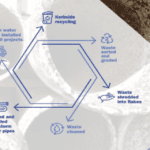
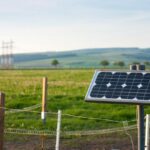


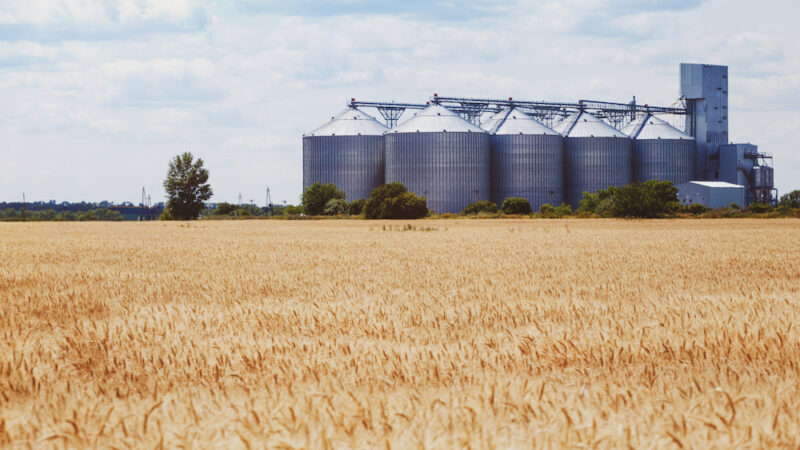
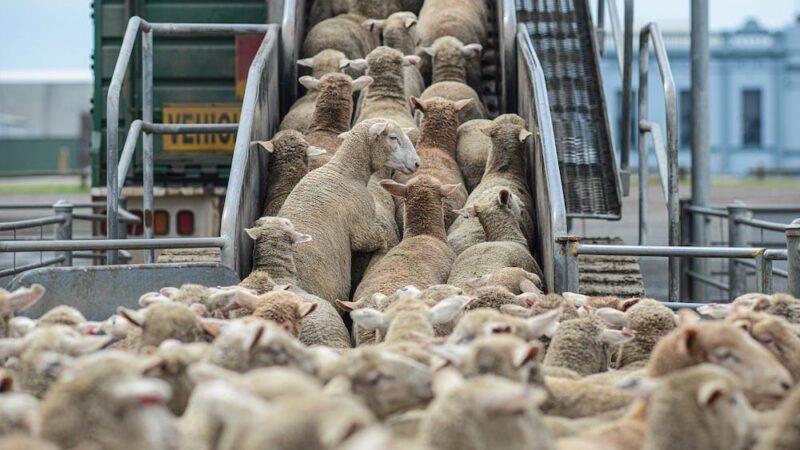

hi i am part of a group called residents against the richmond valley incinerator
the government and casino council who is telling people its not going ahead but refusing to take it off the table and refusing to put it in writing that they are not building a massive incinerator here in casino
the government and casino council are talking to other councils taking all their rubbish from tweed heads to kempsey and all councils in between taking their rubbish and burning it here in casino which casino is known as the beef capital of australia.
the dioxins which cannot be stopped and has been proven by over seas existing incinerators proving cancers, death in unborn children, animals, the poisonous gases cannot be stopped which will affect every persons water tanks the town water is within 900 mtrs and the high school within 1 mtr
the dioxins float in the air and land on the grasses that get into the beef , cattle sheep industry as well as cropping
where they casino council is wanting to put it in the job precinct right next to all the disabled low economic housing commission and high aboriginal area of housing
the government has another 4 places all around nsw and will build more in qld and other states affecting all farmers and people as the dioxins go as far as the wind blows and they have made a study to ballina from casino
we the people have a right to fresh air water and land as you cannot sell infected animals at all we need to stop it from happening and need your help in telling all farmers to get on bord and stop it from happening
as it will one day affect their farms and familys if it goes ahead companies such as viola who want one in has broken the epa laws mulitple times and get small fines they just dont care we need our farmers to help stand up and fight please
i am a small cattle farmer of 200 acres approx and just starting again after the floods so please help protect our water ways our air and tank waters thanks pat
the
Thanks for bring this to our attention Pat. We might follow up with a story on this.